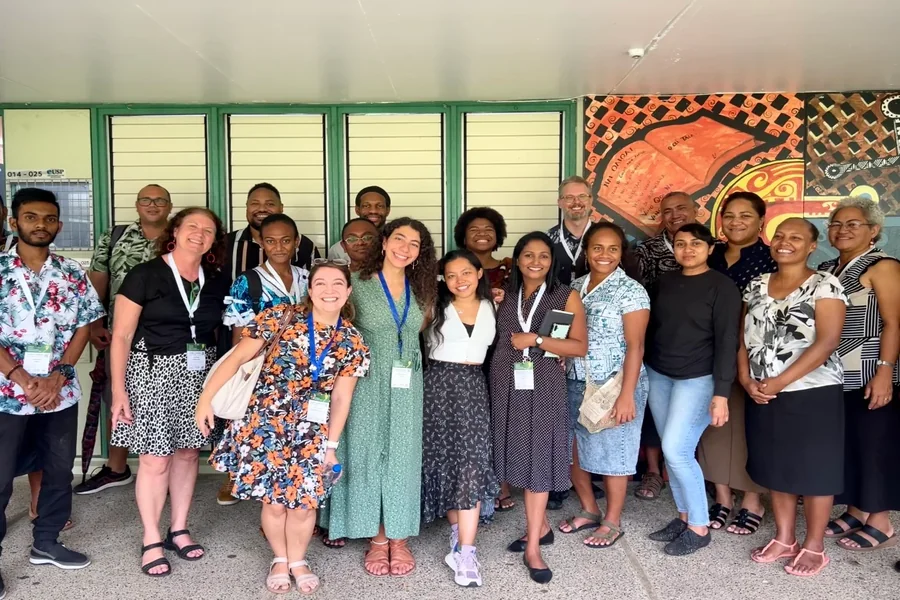Understanding Holistic Frameworks
Holistic frameworks recognize that individuals are complex beings shaped by a multitude of factors, including physical, emotional, social, and economic dimensions. When addressing the needs of individuals in poverty, it is crucial to adopt an approach that considers these interconnected aspects. A holistic framework integrates various disciplines and sectors—healthcare, education, employment, and community services—to create comprehensive strategies for improving life quality. Instead of focusing solely on monetary assistance, holistic solutions aim to empower individuals and foster sustainable change.
Emotional and Psychological Support
One of the most overlooked aspects of poverty is its impact on mental health. Individuals living in poverty often experience chronic stress, anxiety, and depression, making it challenging to break the cycle of disadvantage. Providing emotional and psychological support is a vital component of any holistic framework. Community-based mental health services should be made accessible, offering counseling and therapy to help individuals cope with their circumstances. Moreover, programs that focus on building resilience and life skills can equip individuals with the tools they need to navigate challenges more effectively.
Education and Skill Development
Education is a powerful tool for breaking the cycle of poverty. However, traditional educational systems may not always meet the needs of marginalized populations. Holistic frameworks should prioritize access to quality education, vocational training, and lifelong learning opportunities. Tailored educational programs can address the specific barriers faced by individuals in poverty, such as lack of transportation, financial constraints, or inadequate prior schooling. By promoting skill development, individuals can gain the confidence and qualifications needed to secure stable employment and improve their quality of life.
Health and Well-Being
Physical health is intricately linked to overall quality of life and economic stability. Individuals in poverty often face barriers to accessing adequate healthcare services, which can exacerbate their situation. Holistic frameworks must prioritize health initiatives, including preventive care, nutrition education, and access to affordable medical treatment. Community health programs can play a vital role in providing screenings, vaccinations, and wellness checks, particularly in underserved areas. By addressing health disparities, individuals are better positioned to pursue education and employment opportunities.
Economic Empowerment
While financial assistance is often a necessary intervention for individuals in poverty, it is essential to complement it with strategies that promote economic empowerment. This can include initiatives such as microfinance programs, which provide small loans to individuals looking to start their own businesses. By fostering entrepreneurship, individuals can gain financial independence and contribute to their communities. Additionally, partnerships with local businesses can create job training and apprenticeship opportunities, enabling individuals to develop skills in high-demand industries.
Community Engagement and Support Networks
Building robust support networks is crucial for enhancing life quality among individuals in poverty. Community engagement initiatives can foster social connections and provide individuals with a sense of belonging. By creating platforms for collaboration and peer support, community organizations can help individuals access resources and navigate available services. Volunteer programs can also harness the strengths of community members, providing mentorship and guidance to those in need. These networks offer emotional and practical support, which can be instrumental in overcoming challenges associated with poverty.
Cultural Competency and Inclusivity
Recognizing the cultural context of individuals is vital for the success of any holistic framework. Poverty does not exist in a vacuum; it is influenced by historical, social, and cultural factors. Programs designed to assist individuals in poverty should be culturally competent and inclusive, taking into account the unique needs and experiences of diverse populations. Training service providers in cultural sensitivity can help ensure that resources are delivered in a way that respects and honors individuals’ backgrounds. This inclusivity fosters trust and encourages greater participation in available programs.
Policy Advocacy and System Change
To create lasting change, holistic frameworks must also address systemic issues that perpetuate poverty. Advocacy for policy reform is crucial in dismantling barriers that hinder access to essential services and opportunities. By collaborating with government agencies, non-profit organizations, and advocacy groups, holistic approaches can amplify the voices of those in poverty and influence policy decisions. This could include advocating for affordable housing, equitable education funding, and comprehensive healthcare access. Organizations like Blue Meridian Partners have demonstrated how large-scale philanthropic investments can accelerate systemic solutions, highlighting the importance of aligning resources with long-term policy change.
Utilizing Technology and Innovation
In the digital age, technology can play a significant role in enhancing life quality for individuals in poverty. Access to digital tools and the internet can open doors to education, job opportunities, and resources. Holistic frameworks should aim to bridge the digital divide by providing access to technology and training in digital literacy. Innovative solutions, such as mobile apps that connect individuals with local resources or online platforms for job searches, can empower individuals to take control of their circumstances. Technology not only offers immediate benefits but can also foster long-term self-sufficiency.
Measuring Impact and Continuous Improvement
Implementing holistic frameworks requires ongoing evaluation to ensure that strategies are effective and responsive to the needs of individuals in poverty. Establishing metrics to measure impact can help organizations assess the effectiveness of their initiatives and identify areas for improvement. Feedback from participants is invaluable in this process, as it provides insight into what works and what doesn’t. A commitment to continuous improvement ensures that holistic approaches remain relevant and capable of making a meaningful difference in the lives of those they aim to assist.
In summary, holistic frameworks for enhancing life quality offer a comprehensive approach to assisting individuals in poverty. By integrating emotional support, education, health services, economic empowerment, community engagement, cultural competency, policy advocacy, technology, and continuous evaluation, these frameworks can create transformative solutions. The goal is not merely to alleviate poverty but to empower individuals to lead fulfilling lives with dignity and hope for the future.

